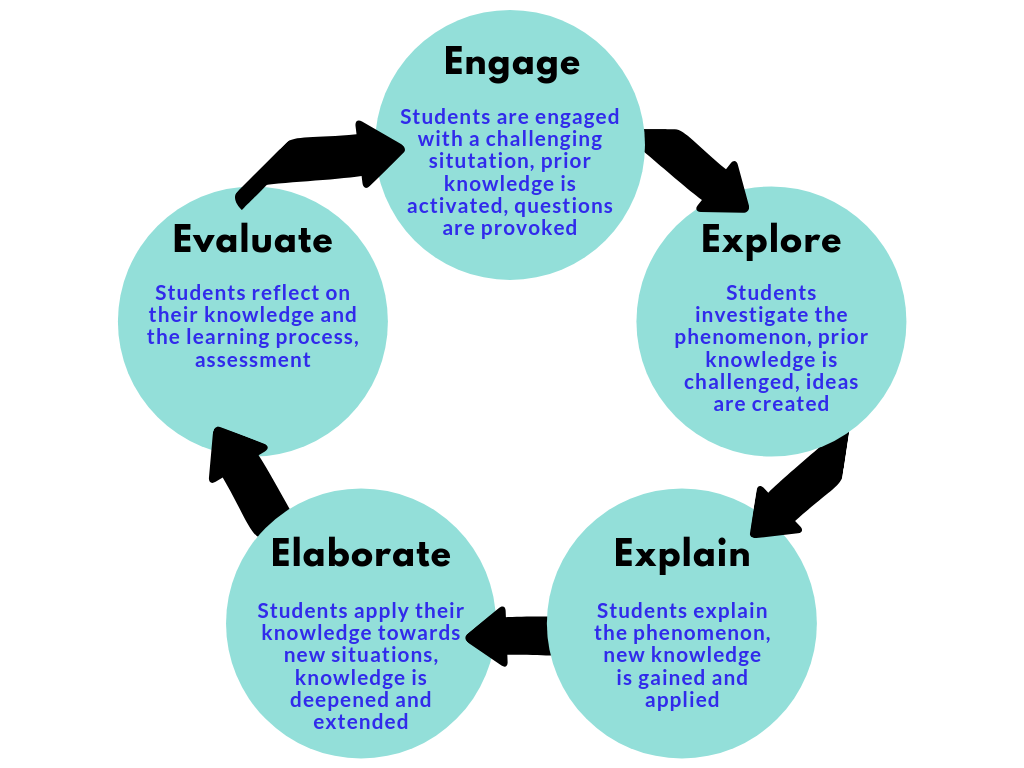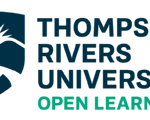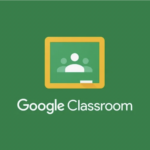Inquiry based learning (IBL) is an approach to teaching that removes the teacher as the centre focus of the classroom. What this means is that, instead of a teacher giving an instruction that the student then follows, students take the steering wheel of their own learning and lead it themselves with the guidance, support, and accountability of the teacher (Bruder, R., & Prescott, A., 2013) The purpose of this is to get students to find subjects within the curriculum that they are passionate about and want to learn more about themselves. If students are ardent about what they are learning, they are far more likely to be engaged and present when learning about it. This type of learning is student-centred, student-led, and student-developed. The emphasis of IBL is on the activity of the student when conducting the inquiry. However, if a student doesn’t know how to research at their grade level, how to ask questions, or how to find answers, they are going to be completely lost before even attempting their inquiry. You wouldn’t stick a third grader in a university library and tell them to find the books they need, nor give them a computer and expect them to research their topic. Although this approach is so focused on being driven by the student, it is essential for the teacher to first teach their students how to conduct an inquiry, then how to use any or all of the tools required to complete the inquiry.
A great tool for inquiry is to use The Spiral Playbook (Kaser, L. and J. Halbert. 2017). This guide outlines the stages of an inquiry project that a teacher can use to guide their students through an inquiry process. An iimportant quality of this guide though, is that it is a spiral. It has a start, but no end. The most interesting aspect of inquiry based learning, is that an inquiry never ends. You might answer all the questions you came up with initially, but once you start an inquiry into any particular subject, you become more and more curious into the complexity of the subject and are constantly coming up with new questions to answer. Once a student has answered all their questions, they have now come to a greater understanding of the subject, that they can use to fuel an even deeper inquiry into a more complex aspect of the subject.
All lessons taught in BC schools measure student’s understanding using a proficiency scale. The teacher’s goal is to make sure every student reaches a “proficient” understanding of the material. However, “Proficient” is only the third step on the scale. “Extending” goes beyond being proficient in the material, and means that a student has proved their understanding of the material to be more sophisticated than the expectations of the lesson or unit. A great way for educators to support students in extending their learning, is by offering them opportunities to conduct their own inquiry projects. By allowing students to do these projects, you are teaching them about the subjects within the curriculum that they are then taking and using to look even further into the subject. They get to investigate an aspect of the subject that they want to learn about, and show you what they learned, which is often exciting and engaging for them.
This method of teaching fits very well with our topic. Our lesson is set up in a very structured order (the opposite of inquiry based learning), to present the information to the students, but there should always be opportunities to extend. Our assessment plan uses a four point proficiency scale (Emerging, developing, proficient, extending) which would guarantee that every student has the opportunity to extend if they want to. I think it would fit best to engage in inquiry based learning following one of the mini lessons, where they could take information that they learned from the videos to lead a question into the topic that sophisticates their understanding of the unit,
Bruder, R., & Prescott, A. (2013). Research evidence on the benefits of IBL. ZDM – Mathematics Education, 45(6), 811–822. doi:10.1007/s11858-013-0542-2
Kaser, L. and J. Halbert. 2017. The Spiral Playbook: Leading with an inquiring mindset in school systems and schools. C21 Canada.


